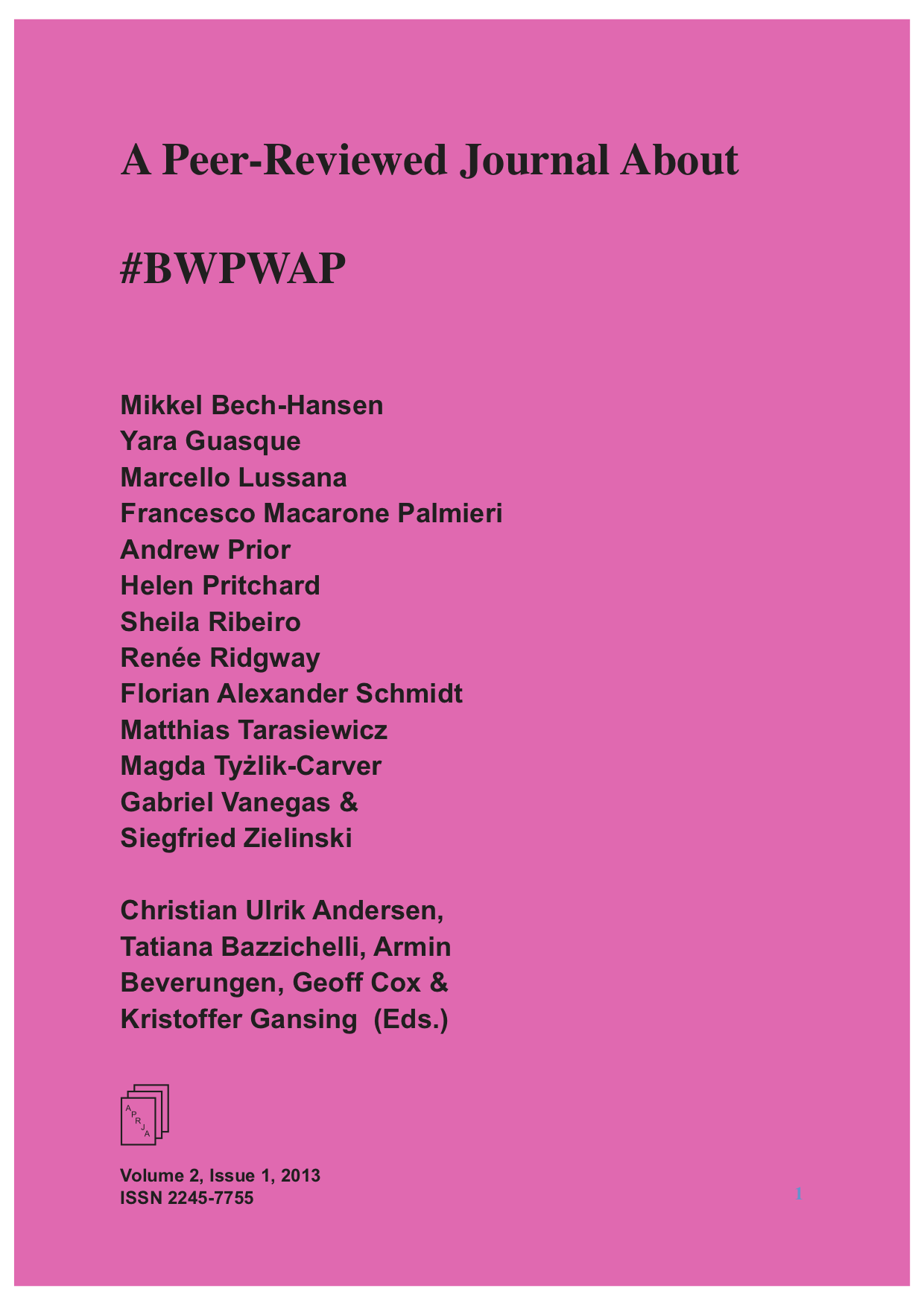For a Few Dollars More: Class Action against Crowdsourcing
DOI:
https://doi.org/10.7146/aprja.v2i1.121128Keywords:
crowdsourcing, distributed labour, exploitation, ethics, precarious labour, volunteeringAbstract
This paper will give an introduction into the rise of crowdsourcing, its methods and the controversies surrounding it. To some, crowdsourcing is a neutral umbrella term that describes new processes of distributing labour; to others it is the exploitation of cheap or free labour with detrimental effects for workers and professions. The questions are: Is crowdsourcing exploitative even when all participants are volunteers and know the conditions? Is it labour when people do the work as a hobby? Is crowdsourcing inherently unethical or is it just a question of how the parameters are configured? And how can national labour laws tackle a global phenomenon? It is not easy to evaluate crowdsourcing because of its varying definitions and methods. The deal between those who do the work and thosewho profit from it varies from platform to platform. The different approaches in crowdsourcing are scattered across a spectrum that reaches from productive leisure and play over altruistic volunteering to precarious labour.
Published
Issue
Section
License
Copyright (c) 2013 A Peer-Reviewed Journal About

This work is licensed under a Creative Commons Attribution-NonCommercial-ShareAlike 4.0 International License.
Copyrights are held by the individual authors of articles.
Unless stated otherwise, all articles are published under the CC license: ‘Attribution-NonCommercial-ShareAlike’.
The journal is free of charge for readers.
APRJA does not charge authors for Article Processing Costs (APC)


